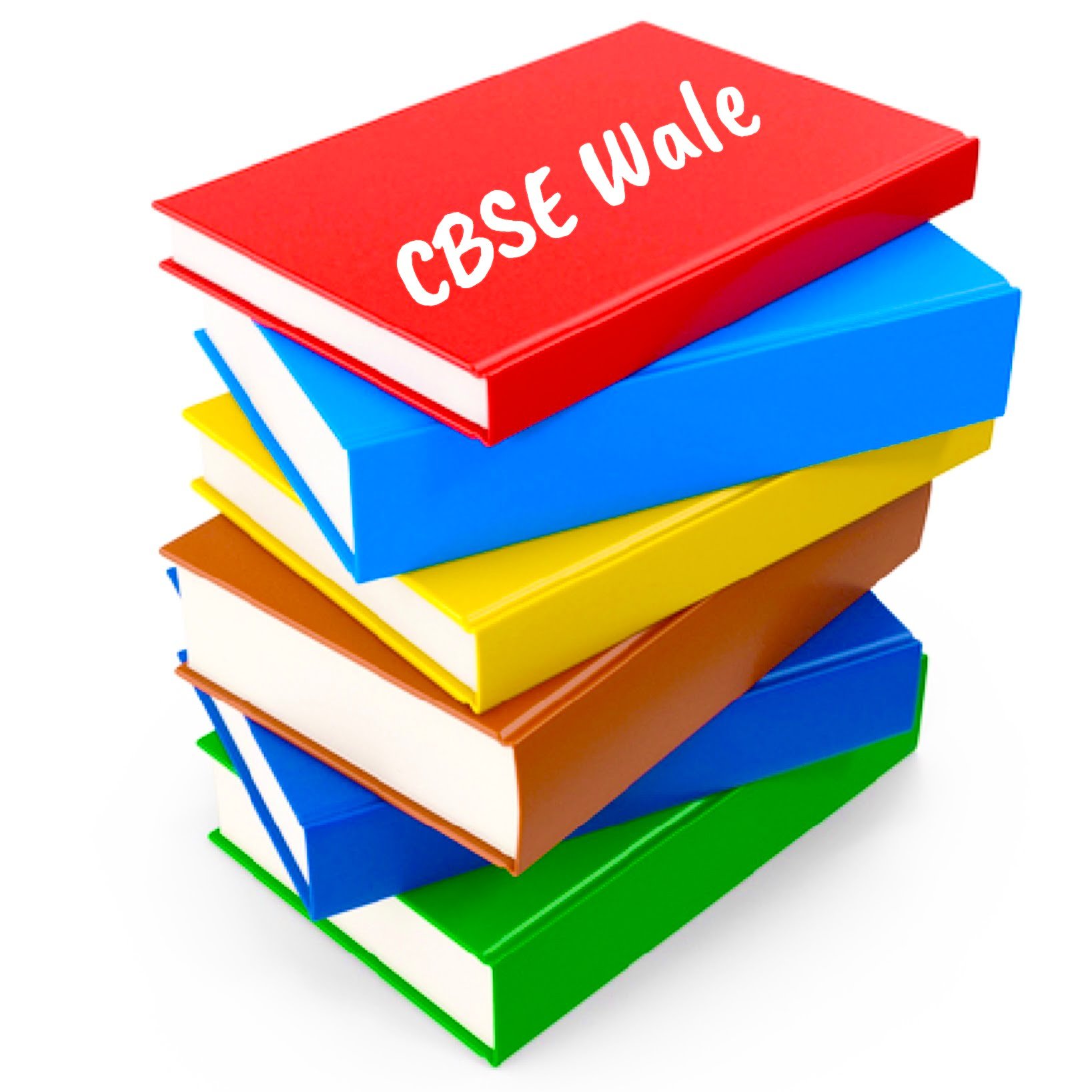Welcome to CBSEWale! In this article, we will delve into the CBSE Class 11 Chemistry syllabus, providing you with valuable insights into the topics covered in both the first and second terms. As a student, having a clear understanding of the syllabus is essential for effective preparation and achieving excellent results. So, let’s dive in and explore the exciting world of Chemistry!
CBSE Class 11 Chemistry Syllabus
CBSE Class 11 Chemistry Syllabus For First Term
- Chapter 1 : Some Basic Concepts of Chemistry
- Chapter 2 : Structure of Atom
- Chapter 3 : Classification of Elements and Periodicity in Properties
- Chapter 4 : Chemical Bonding and Molecular Structure
- Chapter 8 : Redox Reactions
CBSE Class 11 Chemistry Syllabus For Second Term
- Chapter 6 : Chemical Thermodynamics
- Chapter 7 : Equilibrium
- Chapter 12 : Organic Chemistry -Some Basic Principles and Techniques
- Chapter 13 : Hydrocarbons
Topics that you will learn in chapters of CBSE Class 11 Chemistry Syllabus are given below:
Chapter 1: Some Basic Concepts of Chemistry
- Understanding the laws of chemical combinations.
- States of matter and their properties.
- Atomic and molecular masses.
- Mole concept and molar mass.
- Empirical and molecular formula.
Chapter 2: Structure of Atom
- Subatomic particles – protons, neutrons, and electrons.
- Thomson, Rutherford, and Bohr atomic models.
- Quantum mechanical model of an atom.
- Electronic configuration and its significance.
- The dual nature of matter and radiation.
Chapter 3: Classification of Elements and Periodicity in Properties
- Modern periodic table and its significance.
- Periodic trends in properties of elements.
- Atomic and ionic radii, ionization enthalpy, and electron gain enthalpy.
- Periodic classification of elements – s, p, d, and f blocks.
- Chemical reactivity and periodicity.
Chapter 4: Chemical Bonding and Molecular Structure
- Types of chemical bonds – ionic, covalent, and coordinate bonds.
- Lewis structure and formal charge.
- Valence bond theory and molecular orbital theory.
- Shapes of molecules and hybridization.
- Polarity of bonds and molecules.
Chapter 8: Redox Reactions
- Oxidation and reduction reactions.
- Balancing of redox reactions.
- Electrochemical cells and their applications.
- Corrosion and its prevention.
- Electrolysis and its industrial applications.
Chapter 6: Chemical Thermodynamics
- Concepts of system, surroundings, and types of processes.
- Enthalpy and internal energy changes in a reaction.
- First law of thermodynamics and its applications.
- Second law of thermodynamics and entropy.
- Gibbs energy and spontaneity of a process.
Chapter 7: Equilibrium
- Equilibrium in physical and chemical processes.
- Equilibrium constants and their applications.
- The significance of the magnitude of K.
- Le Chatelier’s principle and its applications.
- Acids, bases, and their ionization.
Chapter 12: Organic Chemistry – Some Basic Principles and Techniques
- Classification of organic compounds.
- Nomenclature of organic compounds.
- Isomerism – structural and stereoisomerism.
- Purification and qualitative analysis of organic compounds.
- Quantitative analysis – estimation of carbon, hydrogen, nitrogen, sulfur, and halogens.
Chapter 13: Hydrocarbons
- Classification and nomenclature of hydrocarbons.
- Alkanes, alkenes, alkynes, and aromatic hydrocarbons.
- Preparation, properties, and reactions of hydrocarbons.
- Environmental effects of hydrocarbons.
- Uses of hydrocarbons in daily life and industries.
Conclusion
Understanding the CBSE Class 11 Chemistry syllabus is crucial for students to excel in their exams. By covering the topics mentioned above diligently, you will build a solid foundation for advanced concepts in chemistry. Remember to focus on understanding the fundamentals, practice regularly, and seek assistance whenever required. The information presented here in CBSE Class 11 Chemistry syllabus is sourced from EduDel, a reputable educational platform. We wish you all the best for your chemistry journey and academic success! Happy learning!
